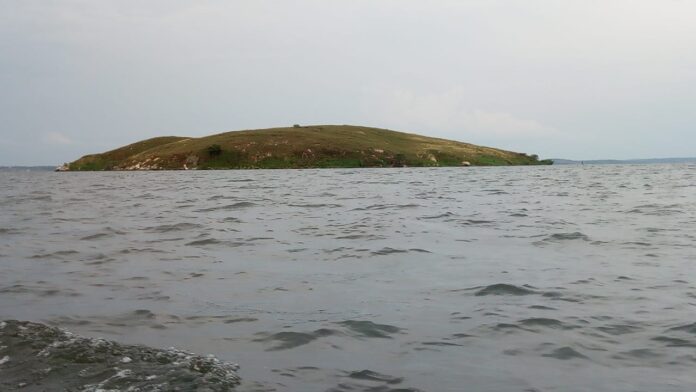Nestled amidst the vast, crystalline waters of Lake Victoria within Kenya’s Bondo sub-county, Siaya, lies the tranquil haven of Sirigombe Island.
It stands as one among the many scattered across the second largest freshwater lake on Earth.
The allure of Sirigombe emerges under the early morning sun, beckoning nature enthusiasts and tourists alike to its shores.
Visible from Usenge Beach as you voyage towards Mageta Island, Sirigombe lies roughly a mile offshore.
Despite its picturesque appearance, the island remains largely untouched, shunned by both locals and potential investors.
Legend has it that Sirigombe is cursed, its very soil said to be haunted by wandering demons after dusk.
This belief deters any nighttime activity, with even passing sailors opting for daylight passage due to the unpredictable waves near the island.
Feared by Fishermen
Local fishermen cast their nets in the waters surrounding Sirigombe, yet none dare to set foot on its shores.
Superstition runs deep among them, fearing ill luck and the ominous tales whispered about the island’s nocturnal terrors.
“We cast our nets around the island but never venture onto its land,” explains Mr. Manase Omondi, a seasoned fisherman. “The tales of fires erupting mysteriously and eerie howls echoing in the night keep us at bay.”
According to Mr. Vincent Oduor, a resident of Mageta, Sirigombe harbors more than just superstitions.
Venomous snakes, including the lethal African Bush Viper, are rumored to lurk within its dense foliage, further dissuading any potential settlers.
Temporary prison
The island’s history is shrouded in tragedy, dating back to colonial times when it served as a temporary stop for prisoners en route to Mageta Island.
Many succumbed to mysterious ailments shortly after their brief stay, fueling the island’s sinister reputation.
“Language barriers prevented our forefathers from warning the prisoners of the island’s dangers,” Mr. Oduor recounts. “Since then, it has remained uninhabited, a place feared and avoided by all.”
Despite its eerie reputation, Sirigombe boasts lush vegetation and abundant pastures, once drawing farmers from neighboring areas during dry seasons.
However, their livestock often returned wild and aggressive, forcing many to abandon the island’s promising pastures.
Mzee Thomas Oswera, renowned for his ability to tame unruly animals, recalls the challenges faced by those who dared to graze their livestock on Sirigombe.
“The pasture is indeed rich, but its effects on livestock are perplexing,” he muses.
The mystery surrounding Sirigombe Island endures, leaving its enigmatic allure and untamed wilderness untouched by human hands.

